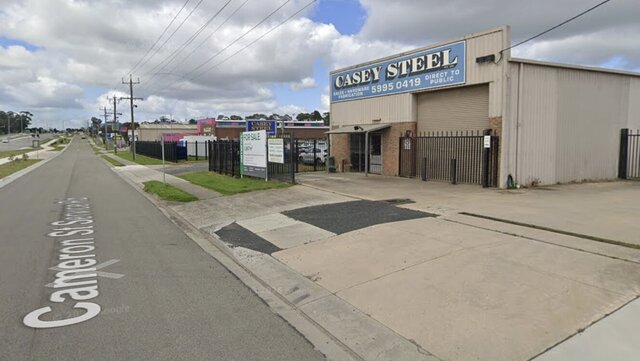Casey Council has written off more than $50,000 in debt after deeming the dollars “unrecoverable”.
At its council meeting on Tuesday 15 June, the administrators carried a motion to write off $58,166.78 in unrecoverable ‘sundry’ debtors for 2020/21, in line with its Debt Management Policy (2020).
Administrator Cameron Boardman said the policy dealt with “non-rate debt”, such as debtors who provide services to the Casey Council for the community and who default on their obligations.
“We are dealing in this policy with how we as an organisation manage debts outside of rate debts,” he said.
“They are very separate matters.”
According to the report, Casey’s total debt balance at the start of 2020/21 was $34 million.
This was made up of $30.5 million in statutory receivables, or debts associated primarily with rates and infringements.
Non-statutory receivables totalled $3.6 million and are ‘sundry’ debtors relating to things like fees, charges and invoices issued by the council for a variety of purposes, including kinder fees, room hire and event ticket sales.
In September 2020, the council adopted an updated Debt Management Policy relating to sundry debtors.
Under this new policy, debts must meet one of seven rationales for being written off.
This year, 20 were written off because the debtor had left the address and could not be traced.
A further 143 were deemed too small for legal action and not economically viable to pursue further.
In two cases, the debtor was deceased.
In seven cases, the debt collector recommended that the outstanding amount was not collectable.
Four cases of debt were subject to a decision of a legal judgement or court order, and another four met the rationale for “difficult circumstances as assessed by the relevant community service officers for debts that relate to community services provided by Council.”
Three of the debts were classed as administrative adjustments, including the largest write-off, totalling $8,465.19 and relating to services the City of Casey provided to a State Government Department in line with an executed funding agreement.
The program was cancelled over two years ago and according to the report, the State Government and council agreed it should have been written off previously.
Mr Boardman said debtors would be treated “respectfully and with compassion”.
He said the amount to be written off this financial year was “certainly a reduction” from the more than $345,000 written off last year.
In seconding the motion, administrator Miguel Belmar said he was confident that the council’s debt management policies were being followed.
‘There are limited situations where the need for debts to be written off has arisen,” he said.
“The report today indicates these practises are reliable, and write offs are limited and justified.”

















